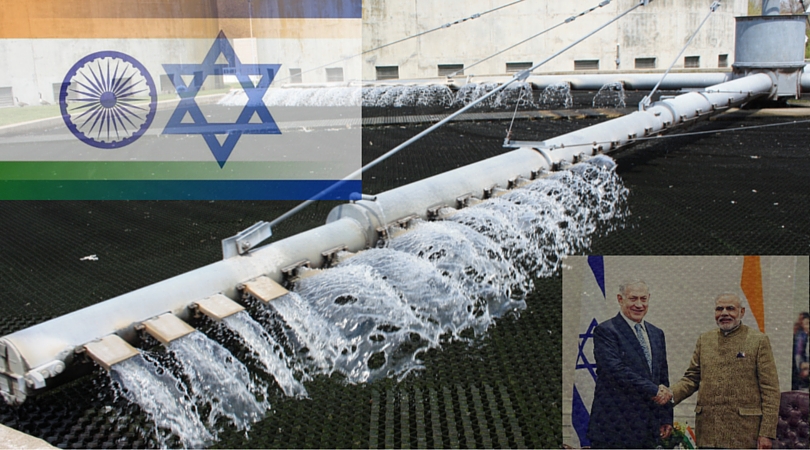It’s common knowledge that Israelis can work magic in the realm of agriculture and, more specifically, nontraditional irrigation demands. Using their advanced technology, the Israeli government transformed a desert strip into a fruit-bearing produce exporter with delectable produce on-demand in every season.
In an effort to raise productivity throughout India, the two countries partnered up to bring these ground-breaking technologies to Indian soil with positive results all around. This month, the Centre of Excellence launches a new initiative to recycle accumulating sewage water and use it to irrigate the Kesar mango crops.
A Centre is Built & a Partnership is Born
Since its inception several years ago, the Himayat Bagh Indo-Israel Centre of Excellence has been utilizing Israeli technologies, research laboratories, and packaging houses to promote and develop the agricultural sector in the area. With its newest project, the CoE aims to irrigate the mango crops with recycled sewage water from the Salim Ali Lake. While India will be contributing the infrastructure and location for implementing the new system, Israel will provide the training and support for the technology. A perfect combination.
There are currently four centres of excellence peppered across India. Kesar and Alphonso mango centres are in Aurangabad and Dapol respectively. The other two centres are in Rahuri and Nagpur, the former producing bumper crops of pomegranates, and the latter growing citrus fruits.
Addressing the Drought Issue
At an Adhunik Kissan gathering, David Akov, Israeli Consul General, spoke of the recurring drought issue in India. “To overcome the lengthening cycles of drought in Marathwada,’ says Akov, “the region should go [the] Israel way and develop a system for recycling, purifying, storing and conveying treated waste-water when and where farms need it, along with renowned drip-irrigation innovations to use the precious liquid most efficiently for agriculture.”
Israel is quite familiar with this process. Nearly 85% of sewage in Israel is recycled. Amazingly, this recycled sewage accounts for close to half of the crop irrigation needs of the entire country.
Technology Sharing
In addition to the sewage recycling systems, India is interested in implementing several other Israeli technologies that will help boost their agricultural market. Water conservation, post-harvest processing, and drip irrigation systems will all increase crop production and significantly reduce the dismay that many Indian farmers are currently under. Israel is also working side by side with the Indian government to set up administrative divisions in both Yavatmal and Osmanabad to help further the rural integration development efforts within the country.
With all these initiatives in place, it can be said with confidence that the Indo-Israel CoE will produce resounding success for the entire country to enjoy.

